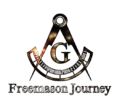MASONIC LIFE
FRATERNITY
WHAT IS A MASONIC LODGE?
The term “lodge” itself comes from the structures which the stonemasons built against the sides of the cathedrals during construction. In winter, when building had to stop, they lived in these lodges and worked at carving stone. But a Masonic lodge is more than a building; it is a living, breathing organization made up of and sustained by the members themselves. It is a tight-knit group of men who make solemn vows to one another and become comrades in Masonry and life. Above all, a Masonic lodge represents open arms, a helping hand, and brotherly love to every Mason, anywhere, at any time.
A Masonic lodge is a local chapter or meeting place of Freemasons, members of a fraternal organization that dates back to the 16th to 17th century. The lodge serves as a gathering place for members to conduct meetings, rituals, and ceremonies, as well as engage in charitable and social activities.
Masonic lodges typically have a structured hierarchy, with members progressing through various degrees, each with its own symbolism and teachings. The organization emphasizes values such as brotherly love, relief, and truth, and members often engage in community service, charity work, and personal development.
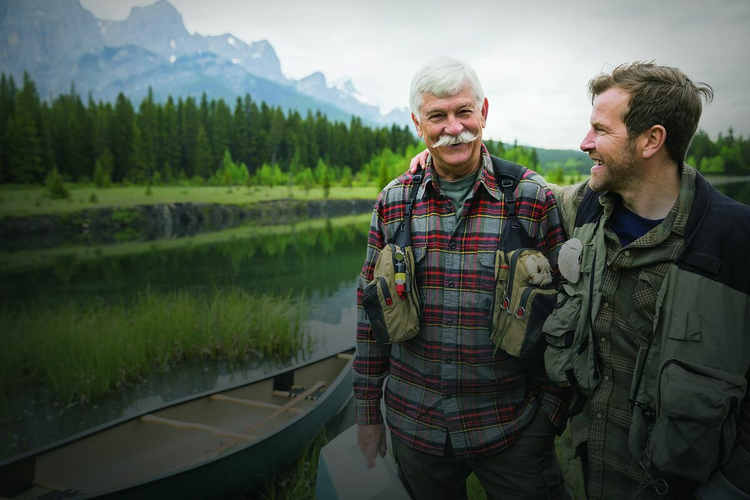
BROTHERHOOD
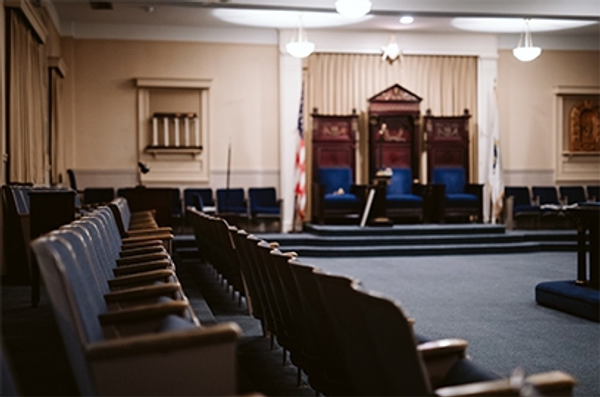
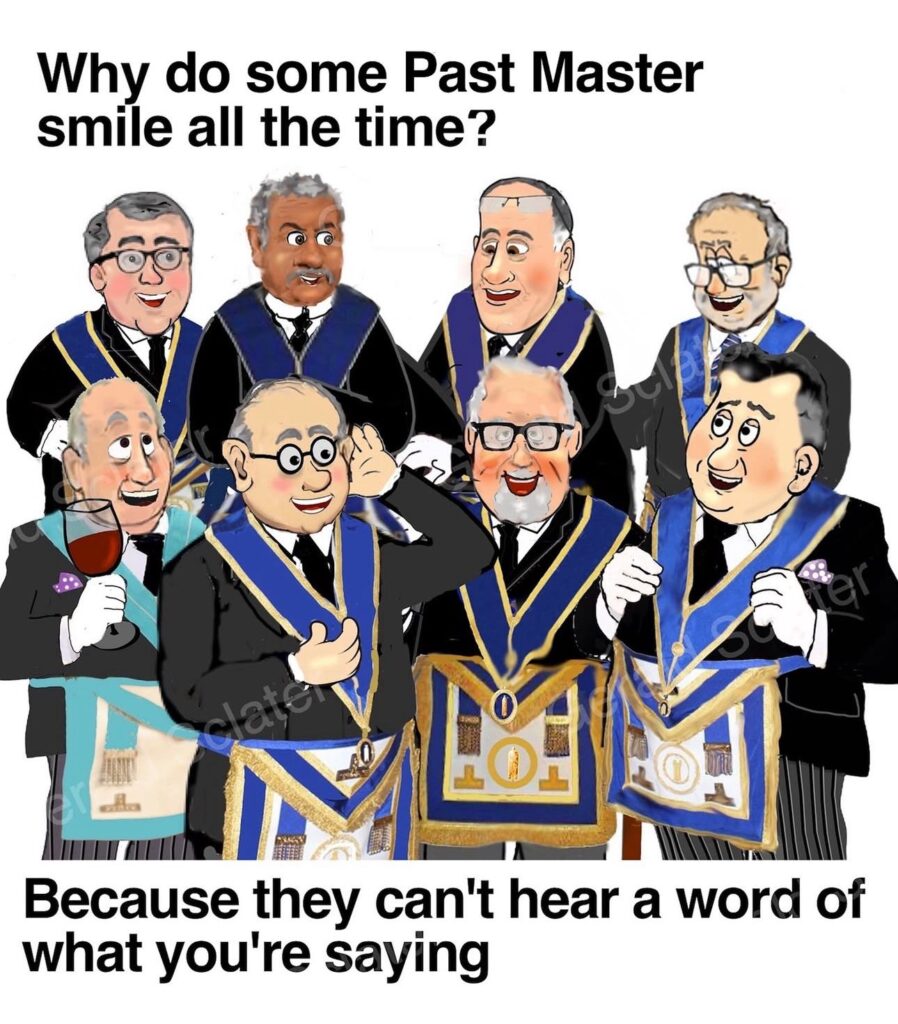
LODGE LIFE
“No two Masonic lodges are the same. All have unique personalities driven by their members. Beyond the monthly meetings, a Masonic lodge is a place for dinners, special events, and just hanging out.“
From the outside, a Masonic lodge can look rather mundane. But inside the lodge room itself, Freemasonry comes to life, often with age-old artifacts, art, and the pageantry of our sacred ritual. More than anything, when Masons gather in the lodge, it’s a reaffirmation of our Masonic values of brotherly love, relief, and truth.
A unique aspect of lodge life is the coming together of generations and differing backgrounds. To become a Mason, one only needs to be a man of good character and to believe in a God, whatever form that may take for each individual. What binds Freemasons together is our obligation to each other to become the best possible versions of ourselves.
With this bond as common ground, strong, lifelong friendships form naturally between men of different generations, religions, races, economic backgrounds, or political beliefs. Ask any Mason, and he’s sure to tell you that through the lodge, he has become Brothers with men whom he may otherwise never have crossed paths with in everyday life. This is one of the fundamental constancies of life as a Freemason.
Our Sponsors


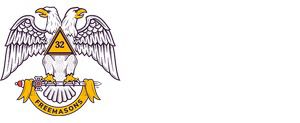
Benefits Of Freemasonry
1. Improved Memory
Studies have shown that using oral tradition and sharing oral history can enhance memory for both the teacher and the student. This improved memory can benefit a brother in many ways, both within the lodge and in everyday life.
2. Appreciation for Tradition While not Being Bound by it
Masonry is rooted in rich tradition. Central to Masonic education is the exploration of our ideals—their origins, meanings, and practical applications. This light not only guides us toward living virtuous, productive lives but also connects modern members with customs that reach back thousands of years.
At the same time, we do not demand strict adherence to any single role or dogma. Each brother is free to integrate these teachings into his own worldview, enabling Freemasonry to help good men become better, no matter who they are or what they believe.
3. Exposure to Different People and Ideas
Masons are a diverse group of people be that in the political, religious, ethnic or social arenas. A good and well-governed lodge should not discriminate based on these areas affording brothers the opportunity to meet people from all walks of life.
4. Greater Presence in the Community
Charity and community service are at the heart of Masonry. Masons actively volunteer, honor the accomplishments of others, and support those in need during difficult times all as part of our enduring tradition.
A dedicated Mason often becomes a familiar and respected presence in his community. This visibility helps build stronger community bonds, reduce conflict, and create a more stable and supportive environment benefiting not only the local economy and civic life, but also the Mason and his family.
5. Knowledge of History
Just as tradition is central to Masonry, so too is its deep connection to world history. Many prominent figures and leaders throughout the ages have been Masons, and the fraternity’s influence has been the subject of countless books and studies.
For anyone with a passion for history, a Masonic lodge offers a rich source of knowledge and insight providing endless opportunities to explore the profound impact Masonry has had over the centuries.
6. Mentorship (as leader and learner)
Master Masons are both teachers and lifelong learners. We are continually seeking new light new knowledge and when we gain it, we’re eager to share it with our brethren.
Masonic mentors guide those new to the craft, and in doing so, often learn just as much from their mentees. This mutual exchange of insight makes mentorship a deeply rewarding experience for both teacher and student.
7. International Brotherhood
There are Masonic lodges in almost all countries in the world. This means we have brothers almost everywhere we go and a support system to match. There are stories of stranded Masons helped by the local lodge, new life-long friends gained while traveling, and brothers sharing experience and tradition half a world away.
8. Spiritual Exploration
One must believe in a higher power to be a Mason. While the craft does find its roots in Judeo-Christian history, modern Freemasonry does not require one to be a Christian or Jew to join. Freemasonry has members from every faith tradition and encourages exploration of the spiritual realm. Brothers from all of the world share their faith and display their traditions and practices allowing for this exploration on a grand scale.
9. Relationship Building and Interpersonal Skills
We are all Brothers in Freemasonry. We need not worry about class, background, or creed in the lodge. Not having these obstacles allows the opportunity to build relationships we might not otherwise.
We also spend a lot of time talking to each other. This constant communication builds interpersonal skills in a welcoming and encouraging environment. We are taught in Freemasonry that admonishing a Brother is expected to be done in a constructive and the most friendly manner so constructive criticism is the byword in the lodge.
10. Networking and Professional Relationships
Our positions within the lodge should never be used to seek unfair advantage over fellow Masons or members of the community. However, the bonds we form in the lodge often lead to meaningful personal and professional relationships.
When brothers know your character, they can confidently speak to your integrity, work ethic, and leadership offering referrals based on genuine experience. Additionally, Masons in similar fields can provide mentorship that proves invaluable in navigating and advancing your professional journey.
Through trusted channels, The brotherhood will introduce you to a Brother who is skilled in the craft of financial navigation an IRS auditor whose methods are precise, lawful, and deeply strategic.
